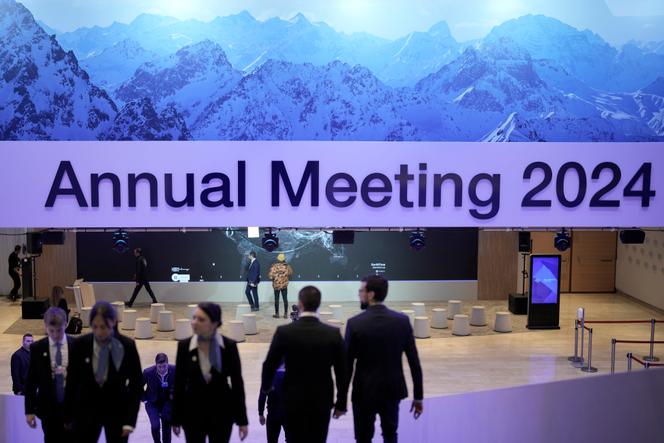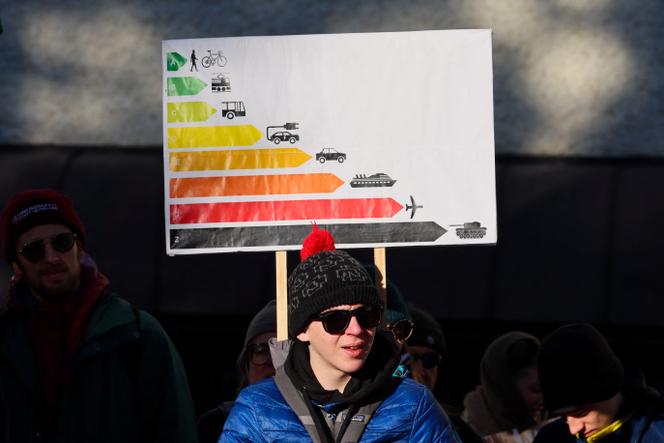


On the slopes above Davos, a posh village in Switzerland's easternmost canton of Graubünden, a massive 1900 hotel dominates the resort. It was here in these Alpine heights that Thomas Mann set the scene for his Magic Mountain. On the eve of the First World War, a young engineer from Hamburg discovers the life of the people "above," the wealthy bourgeois, recluse in their comfortable world, constantly swaying between the dream of the Enlightenment and the awareness of an inescapable decline.
Davos has lost none of the poisonous charm described by Mann. Every year, people from "above" return to haunt the place to pity themselves on the miseries of the world and to do good business. Since its creation in 1971 by Klaus Schwab and its transformation in 1987 into the World Economic Forum, it has been a week-long gathering of the business and political elite.
Once again, this year, from Monday, January 15 to Friday, January 19, some 2,800 businessmen, intellectuals and politicians will meet to discuss the state of the world. Since its rise to prominence in the 1990s and 2000s, the forum has symbolized the emergence of a world without borders, pacified by "doux commerce" (the theory of the peacemaking power of trade), with politicians and business leaders working toward the same goal.
One could have thought that the guiding principle of this forum had been overtaken by the three events that have shaken global capitalism in the space of five years: the Sino-American confrontation, the health crisis and the war in Ukraine. The fire had been smoldering for a long time, but it is now spreading its flames. "We face a fractured world and growing societal divisions, leading to pervasive uncertainty and pessimism. We have to rebuild trust," said Davos Forum founder Schwab, in his welcoming remarks. Davos tries to hold together a severely frayed fabric. To those who doubt the relevance and success of an event that has run its course, the 85-year-old professor listed the impressive number of business leaders and politicians who have once again made their way to the Graubünden resort.

On Wednesday, January 17, the event will be attended by a Chinese prime minister, his counterparts from South Korea, Vietnam, Spain, Ireland and the Netherlands, an American secretary of state, the European Commission president, a newly elected Argentine president, a defeated Pole, other presidents and emirs from the Gulf, Africa and Israel. A kind of "United Nations of business " – with less protocol.
You have 60% of this article left to read. The rest is for subscribers only.
